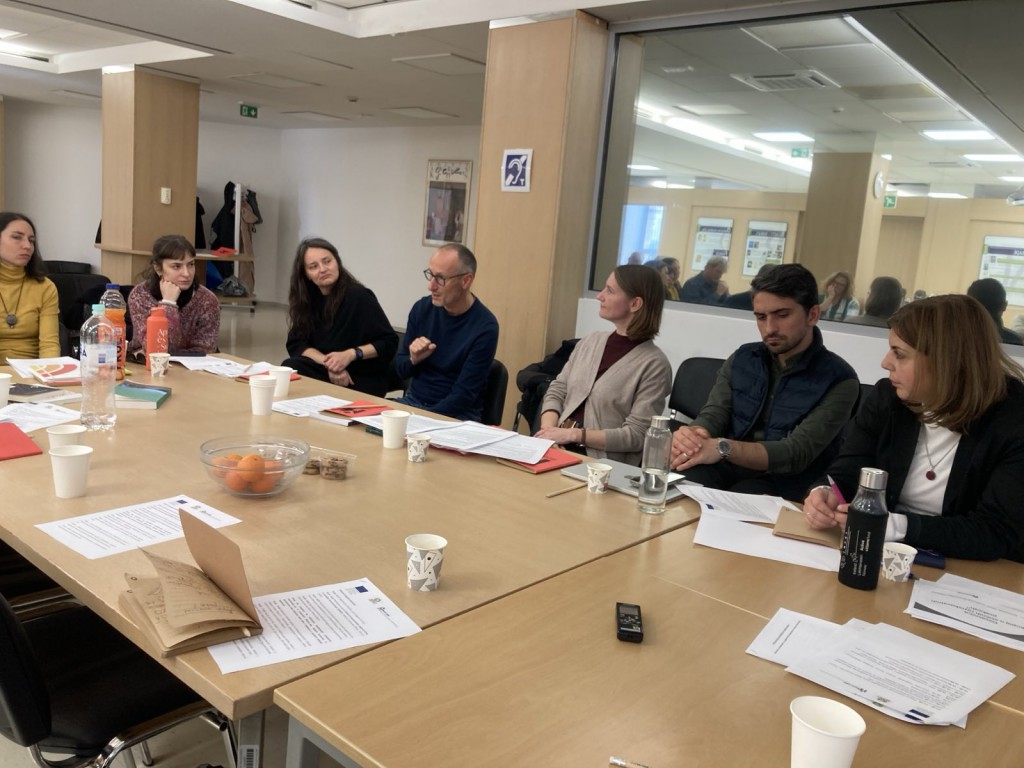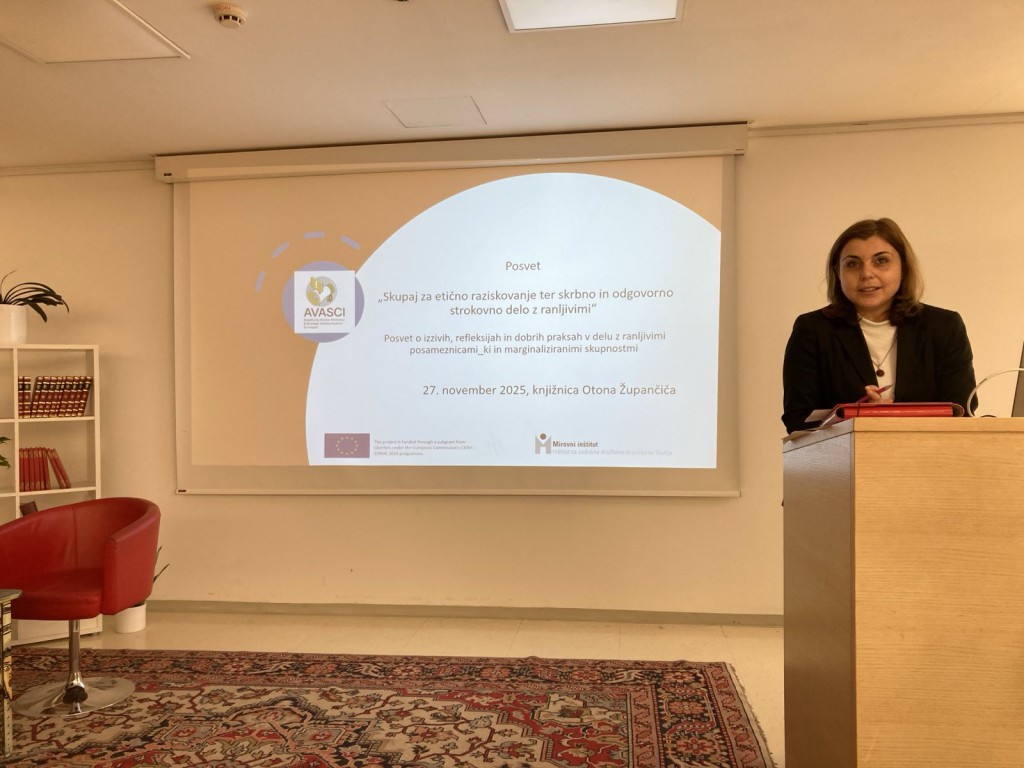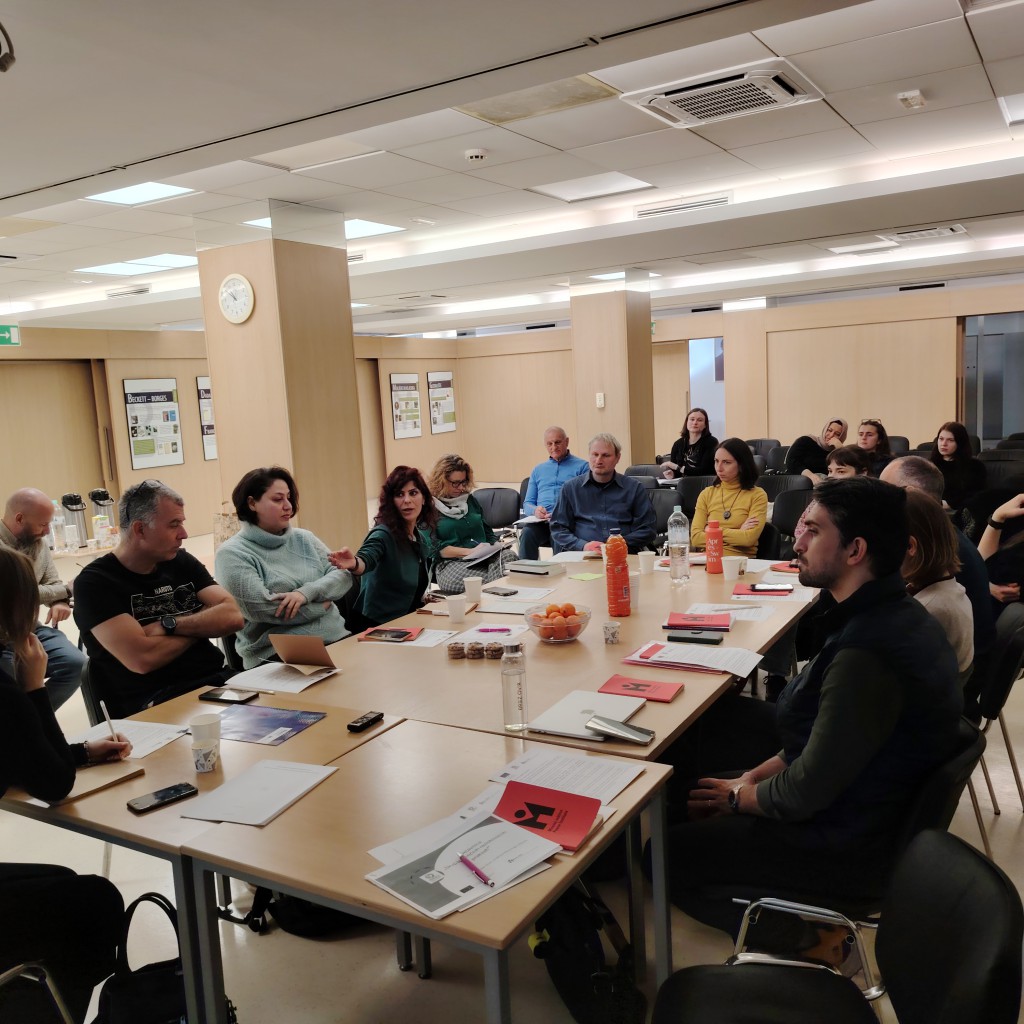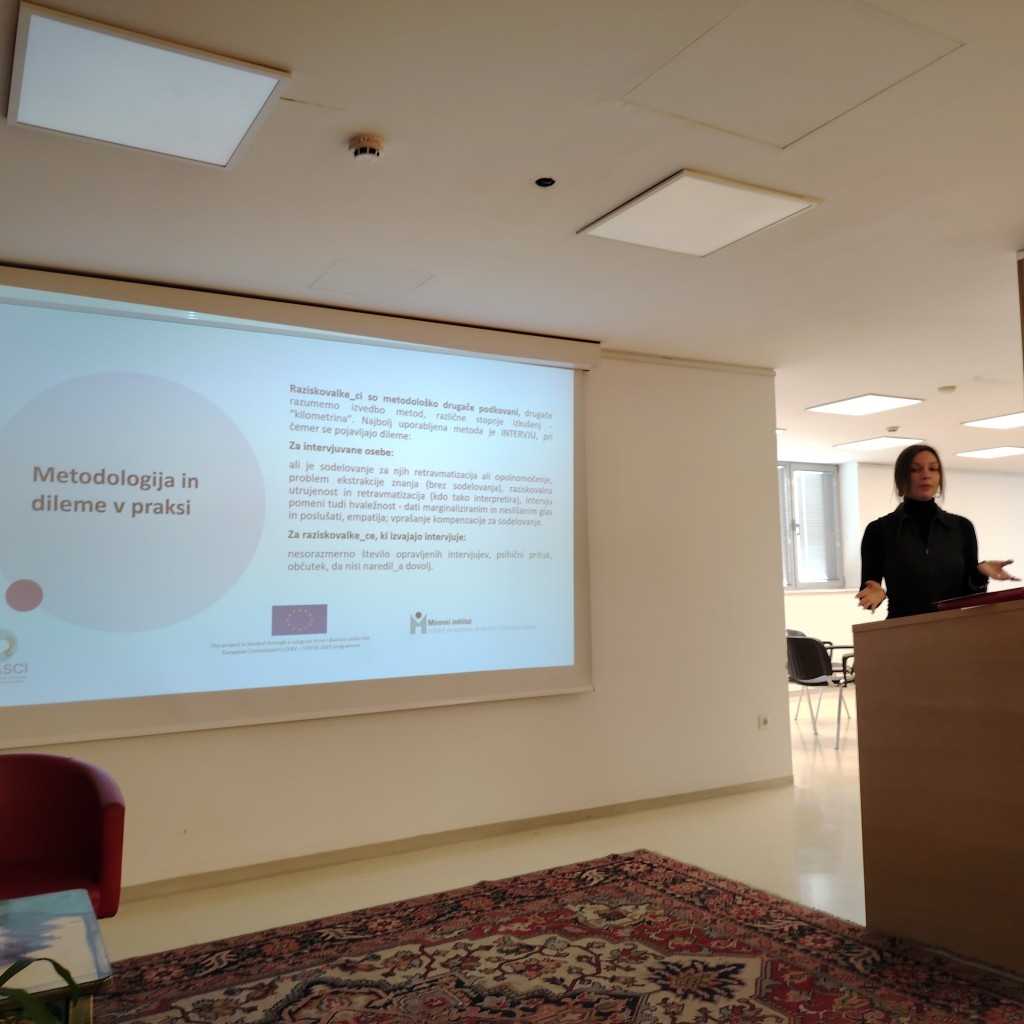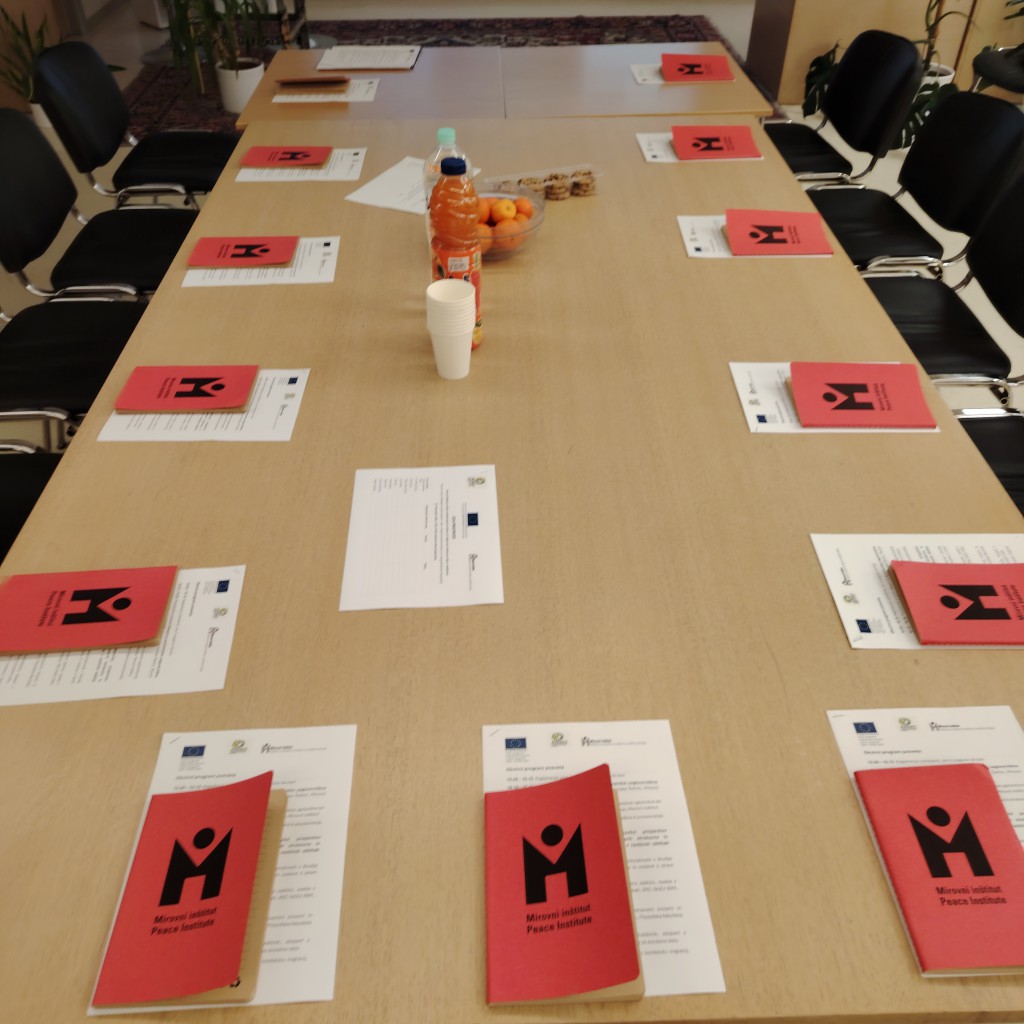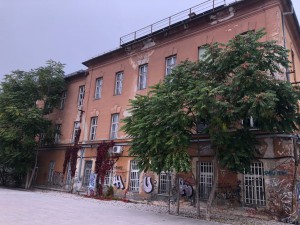Challenges of Ethical Research and Support for Vulnerable Groups
28. 11. 2025 | Human Rights and Minorities
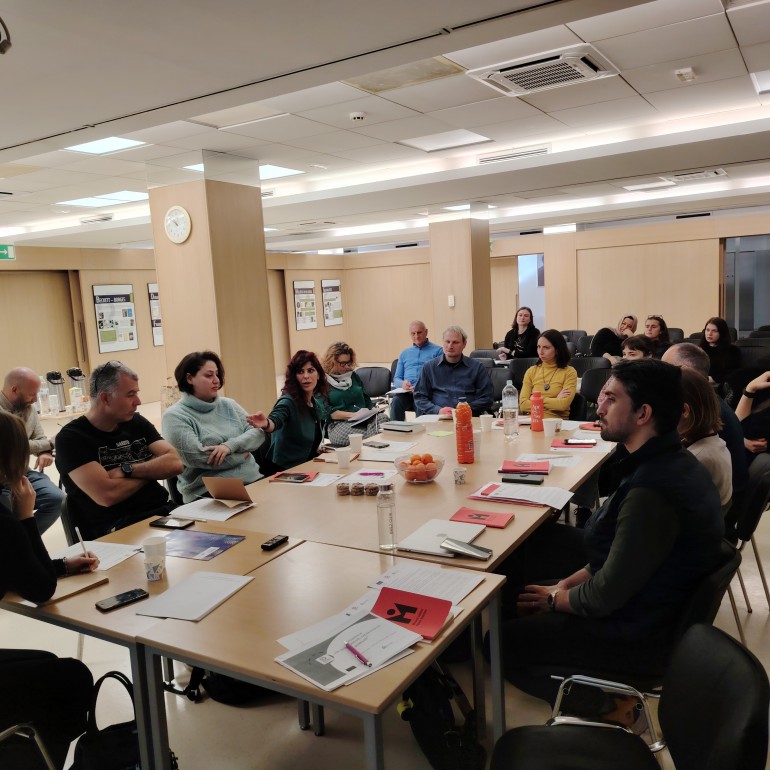
“If we are guided by ethics, frustration does not disappear, but at least it becomes meaningful.” With this thought, expressed at yesterday’s consultation, a day of in-depth discussion on the challenges, responsibilities, and sensitivities involved in research and professional work with vulnerable and marginalized communities began.
On Thursday, 27 November 2025, the Peace Institute organized the consultation “Together for Ethical Research and Careful and Responsible Professional Work with the Vulnerable” at the Oton Župančič Library. The event took place within the AVASCI project – Voices for Change: Advocacy and Strategic Communication, funded through a sub-grant by the Liberties organization under the CERV–STRIVE 2025 programme.
More than 20 representatives of research institutions, NGOs, public institutions, and humanitarian programmes attended the event. All of them encounter people experiencing various forms of vulnerability in their work.
In the introductory session, researchers from the Peace Institute presented a draft of ethical guidelines and findings from the research process within the AVASCI project. The discussion showed that ethical work requires thorough preparation, continuous reflection, and sensitivity to the complex circumstances in which people in vulnerable situations find themselves.
The need for close cooperation among all stakeholders was particularly emphasized, as work, especially when it involves advocacy and support for vulnerable communities, is not possible without broad collaboration between institutions, researchers, professionals, NGOs, and the communities with which we work.
In the central part of the event, researchers and professionals working on issues related to support for vulnerable groups presented their contributions — ranging from direct work in communities and institutions to research on legal protection, healthcare, migration, and access to services. Their contributions offered valuable insight into the diverse challenges encountered in practice.
Participants highlighted the uncertainty and time-limited nature of project-based funding, which significantly affects the quality, continuity, and sustainability of support practices. The lack of stable resources is particularly problematic for individuals who require longer-term support, which demands extended monitoring and predictable access to services.
It was also emphasized that professionals and researchers working with vulnerable and marginalized groups themselves require adequate support, as this work is often emotionally demanding. For some research projects, it is therefore advisable to include mental-health and psychological-support experts who can contribute to safer and more ethically sensitive processes.
The discussion revealed that the interview, although one of the most commonly used methods, is not always the most appropriate or effective approach—especially for people who have experienced violence, trauma, or prolonged uncertainty. Participants stressed the need for methods based on participation, empowerment, and active involvement, such as group and creative approaches or community observation.
All attendees agreed that establishing a dedicated commission or independent body for ethical issues would significantly contribute to easier identification of potentially unethical practices and to more consistent monitoring and implementation of ethical standards in research and professional work.

